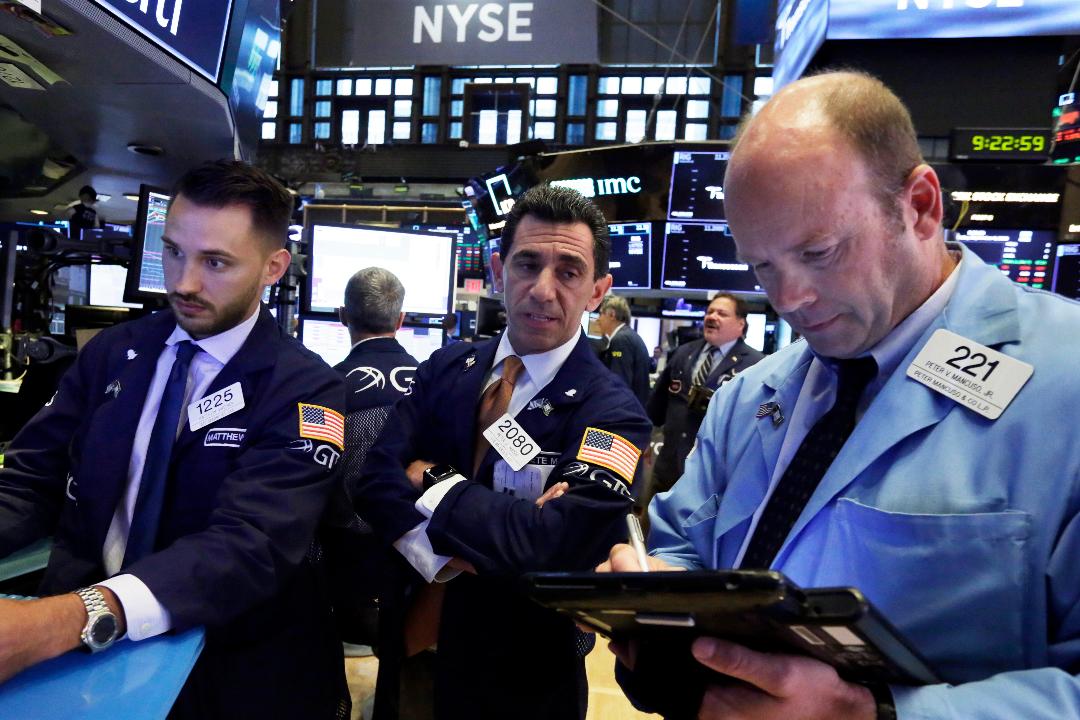JPMorgan kicks off slew of bank earnings this week
This week will mark the start of earnings season for the big banks. Citigroup, JPMorgan Chase and Wells Fargo will all report on Friday morning before the opening bell.
| Ticker | Security | Last | Change | Change % |
|---|---|---|---|---|
| JPM | JPMORGAN CHASE & CO. | 322.09 | -0.11 | -0.03% |
| C | CITIGROUP INC. | 123.77 | +1.08 | +0.88% |
| WFC | WELLS FARGO & CO. | 94.61 | +0.64 | +0.68% |
Investors are becoming more optimistic about the future of banking profits as interest rates rise. Higher rates help banks and financial institutions earn more from loans, such as mortgages and credit cards. The yield on the benchmark 10-year treasury note has moved above 3 percent the highest level in about seven years.
Last month the Federal Reserve raised short-term interest rates for the third time this year. The U.S. central bank’s Federal Open Market Committee (FOMC) increased its benchmark federal funds rate by a quarter-percentage point, setting a range of 2 percent to 2.25 percent, and continued to forecast one more rate hike in 2018.
The policy-setting board also removed the word “accommodative” from its statement to describe their position on interest rates. The move indicates that the Fed, encouraged by rising inflation and strong U.S. hiring, is inching closer to the end of the current rate-hike cycle.
During a press conference, Fed Chairman Jerome Powell said the removal of “accommodative” does not signal a change in the Fed’s policy plans. Rather, it indicates that the FOMC is moving in line with its expected path, he said.
Most policymakers expect to hold steady on interest rates sometime in 2020, which would leave the federal funds rate in a range of 3.25 percent to 3.5 percent. The long-run rate is estimated to be 3 percent.
Officials have been rolling back accommodative monetary policies initially employed after the 2008 financial crisis. The Fed has indicated it will continue to gradually raise rates at least through 2019, a strategy used to prevent the economy from growing too fast and keep prices from spiking. The decision to raise rates was the eighth hike since 2015. It also began to process of winding down its massive portfolio of government debt and mortgage-backed securities in late 2017.
FOX Business' Matt Rocco contributed to this report.




















